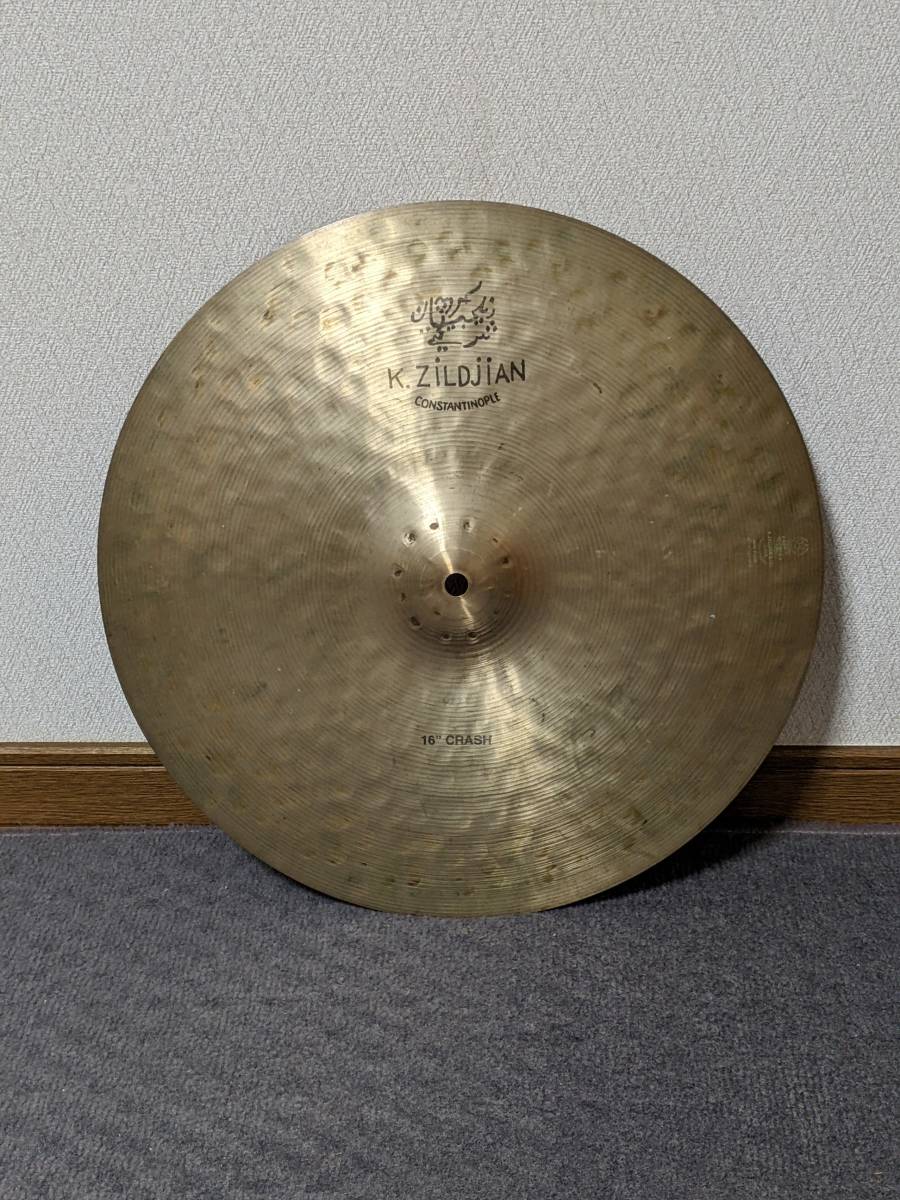-
シーンから探す
- 工具/メンテナンス
- オーディオ機器
- スニーカー
- その他
- スタジャン
- サングラス/メガネ
- クラブ
- タイヤ、ホイール
- デニム/ジーンズ
- クロスバイク
- SF/ファンタジー/ホラー
- ギフト券
- 工具、DIY用品
- フィギュア
- パーツ
- オートバイ
- ポケモンカードゲーム
- その他
- ロッド
- アクセサリー
- パーツ
- オーディオ機器
- ペット用品
- ファッション小物
- パーツ
- オートバイ
- リング
- その他
- 水着/浴衣
- パーツ
- その他
- アクセサリー
- スポーツ別
- マフラー
- スニーカー
- 店舗用品
- ロッド
- クラブ
- ダウンジャケット
- PC周辺機器
- 工芸品
- アウトドア
- ロッド
- Tシャツ/カットソー(半袖/袖なし)
- ロッド
- 美術品
- ダウンジャケット
-
贈る相手から探す
- エレキギター
- 家庭用ゲーム本体
- レディースアクセサリー
- アニメグッズ
- スポーツ/アウトドア その他
- オーディオ機器
- シャツ
- コスプレ衣装
- 国内自動車本体
- キャップ
- ショルダーバッグ
- 飲料
- その他
- 酒
- レディースファッション
- オーディオ機器
- アイドル
- その他
- 腕時計(アナログ)
- その他
- 家庭用品
- 国内自動車本体
- 筆記具
- ビジネスバッグ
- その他
- 農業
- 飲料
- 楽器/器材
- 農業
- ロングワンピース
- リクライニングソファ
- スニーカー
- ノーカラージャケット
- コミック/アニメ
- アイドル
- ロッド
- 家具、インテリア
- 旧貨幣/金貨/銀貨/記念硬貨
- ダウンジャケット
- ロッド
- ひざ丈ワンピース
- アウトドア
- オフィス家具
- モッズコート
- 工芸品
- Tシャツ/カットソー(半袖/袖なし)
- ニット/セーター
- ゴルフ
- オーディオ機器
- その他
- ニット/セーター
- カテゴリから探す
- おまとめ注文・法人のお客様
ベスト satoulife様専用 ヴィヴィアンウエストウッド エルンスト・ヘッケル 財布
-
商品説明・詳細
-
送料・お届け
商品情報
Vivienne Westwood ヴィヴィアンウエストウッド エルンスト・ヘッケル 長財布 海洋生物 クラゲ 深海 ヒトデ 【商品説明】 イギリス発、反逆性とエレガンスを兼ね備えたアヴァンギャルドなデザインで世界中にファンを集める『Vivienne Westwood/ヴィヴィアンウエストウッド』の長財布 ドイツの生物学者であり、哲学者・医師であり教授であった「エルンスト・ヘッケル」 繊細で精密な美しい生物図解を書いたことで知られる彼の美しく芸術的なタッチで描かれた海洋生物デザインが目を惹く一品 オーブは半立体で暗所で光るという深海らしい仕様です。 現在は生産されておらず、10年以上前の限定生産品のためかなり貴重価値が高いお品です。 【状態】 外側にはキズや経年劣化による傷みがあります、写真でご確認ください。 内側の札入れや小銭入れは比較的キレイかと思います。 まだまだオシャレなお財布として長く使用して頂けるお品になります。 【購入先】 大手リサイクルショップにて購入した真贋鑑定済の商品になります。 ●光の加減で実際のカラーと写真が異なる可能性があります。 ●2-3日以内に簡易包装にて発送致します。 ●汚れ等の見落としがある可能性もあります。ご了承ください。 ●USED品のためご理解の上でご購入をお願い致します。
残り 9 点 26,000円
(127 ポイント還元!)
翌日お届け可(営業日のみ) ※一部地域を除く
お届け日: 11月28日〜指定可 (明日16:00のご注文まで)
-
ラッピング
対応決済方法
- クレジットカード
-

- コンビニ前払い決済
-

- 代金引換
- 商品到着と引き換えにお支払いいただけます。 (送料を含む合計金額が¥291,028 まで対応可能)
- ペイジー前払い決済(ATM/ネットバンキング)
-
以下の金融機関のATM/ネットバンクからお支払い頂けます
みずほ銀行 、 三菱UFJ銀行 、 三井住友銀行
りそな銀行 、ゆうちょ銀行、各地方銀行 - Amazon Pay(Amazonアカウントでお支払い)
-

































